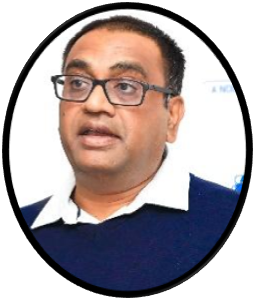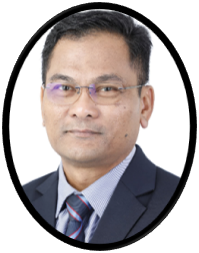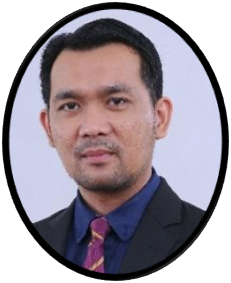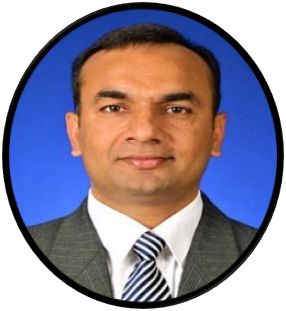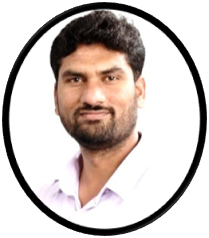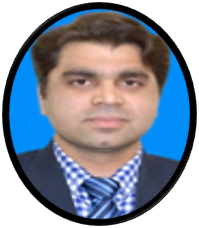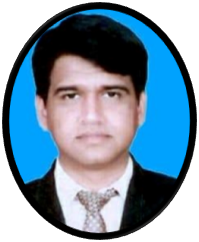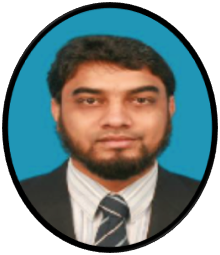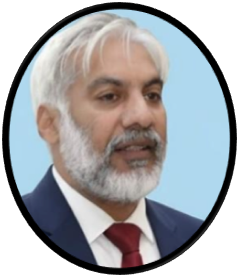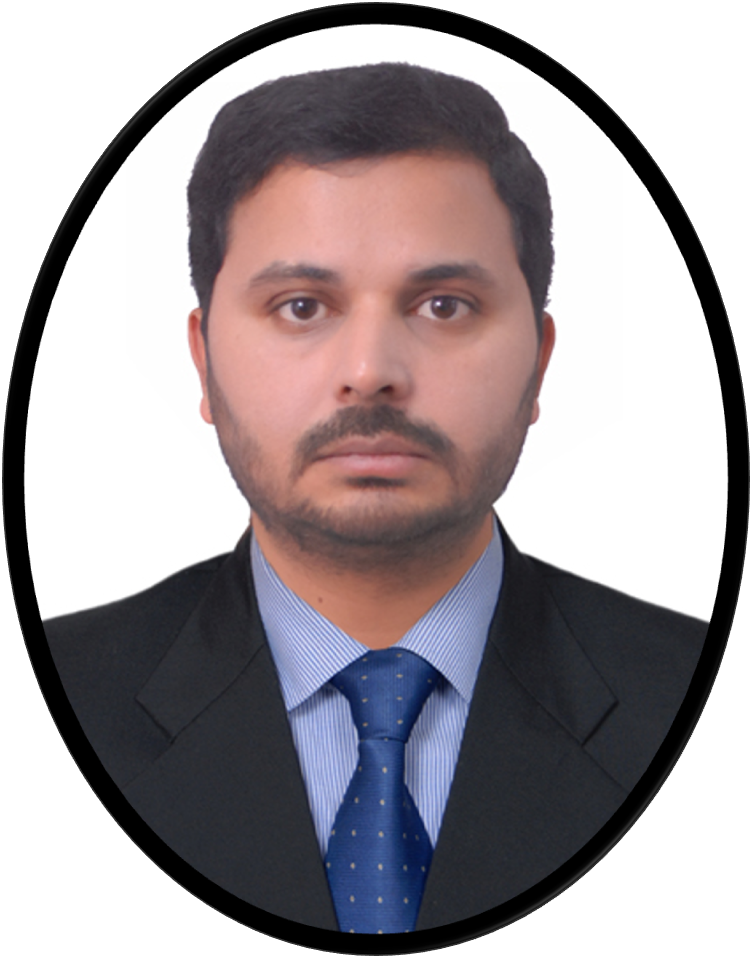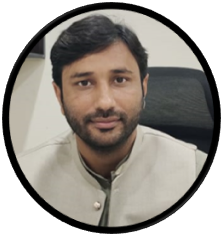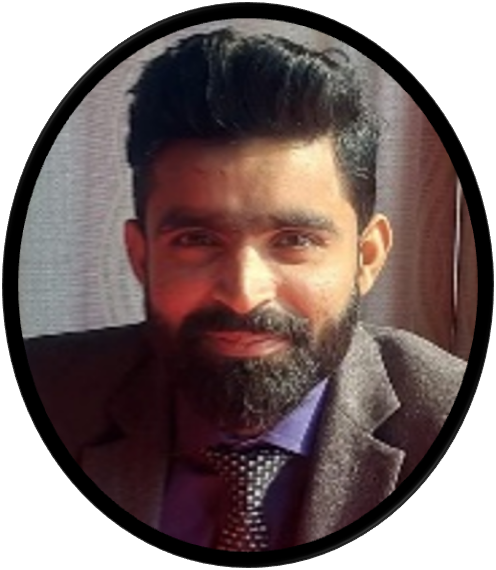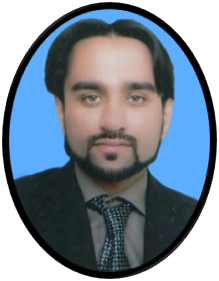
About AIMS
The Annual International Conference on Advances in Materials Science (AIMS) is a flagship international event organized by the Department of Physics, Division of Science and Technology, University of Education, Lahore. Established to provide a dynamic platform for young researchers, AIMS brings together leading scientists and academicians from around the world to share their expertise and inspire future advancements in materials science.
Since its inception, AIMS has served as an interdisciplinary forum where researchers working in both fundamental and applied materials science can exchange innovative ideas, discuss emerging trends, and explore the scientific challenges shaping the future of the field. Each year, the conference attracts eminent speakers from diverse countries who contribute their cutting-edge research and valuable insights.
The inaugural AIMS-2020, held on July 23–24, 2020, featured 15 keynote speakers from eight countries, along with parallel sessions where 30 researchers presented their work.
Building on this foundation, AIMS-2021 (October 5–6, 2021) hosted 27 keynote speakers from 14 countries, received over 80 abstract submissions from 30 countries, and welcomed more than 1,100 registered participants from 33 countries.
AIMS-2022, conducted on December 15–16, 2022, in a hybrid format, brought together participants from over 15 countries, featuring more than 140 talks delivered both onsite and via Zoom.
The 4th conference, AIMS-2023, held on November 29–30, 2023, hosted researchers from over 13 countries and included more than 170 talks presented physically and online.
Continuing this tradition, AIMS-2024, held on November 27–28, 2024, saw participation from over 12 countries, featuring more than 130 talks from distinguished scientists worldwide.
Building upon the success of the previous editions, the Department of Physics is now organizing the 6th Annual International Conference on Advances in Materials Science (AIMS-2025), scheduled for December 03–04, 2025. This hybrid event will feature participation from 13 countries, with 20 international speakers and a total of 165 talks will be delivered both physically and online. AIMS-2025 continues the legacy of fostering international collaboration, promoting scientific excellence, and providing an inspiring platform for young researchers to engage with global leaders in materials science.

100+ Speakers
Professional
Lahore
Pakistan
Department of Physics, DSnT
University of Education, Lahore
03-04 December
2025


